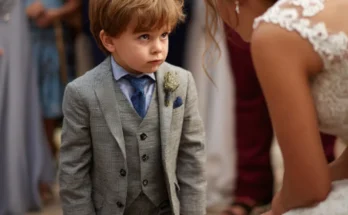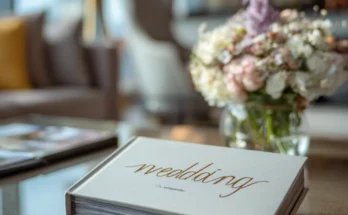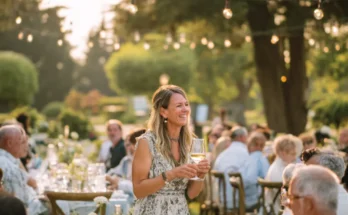Thomas returned to his childhood home in Maryland after his mother’s death, planning to sell the place filled with memories. While boiling water for tea, he heard a thud from the dark basement. Hesitating, he crept down the creaky stairs, the single bulb flickering overhead.
In the pale glow, Thomas found a man curled on the floor, groaning. It was Henry—a homeless stranger who had been secretly sheltering in the house. He’d fallen amid the shadows, injured and terrified. Thomas, instinctively kind, refused to call the police. Instead, he called an ambulance and promised Henry he would cover the cost.
Standing in that basement, Thomas realized some legacies aren’t measured in bricks or sold deeds—but in unexpected compassion, rooted in the home he nearly let go.


